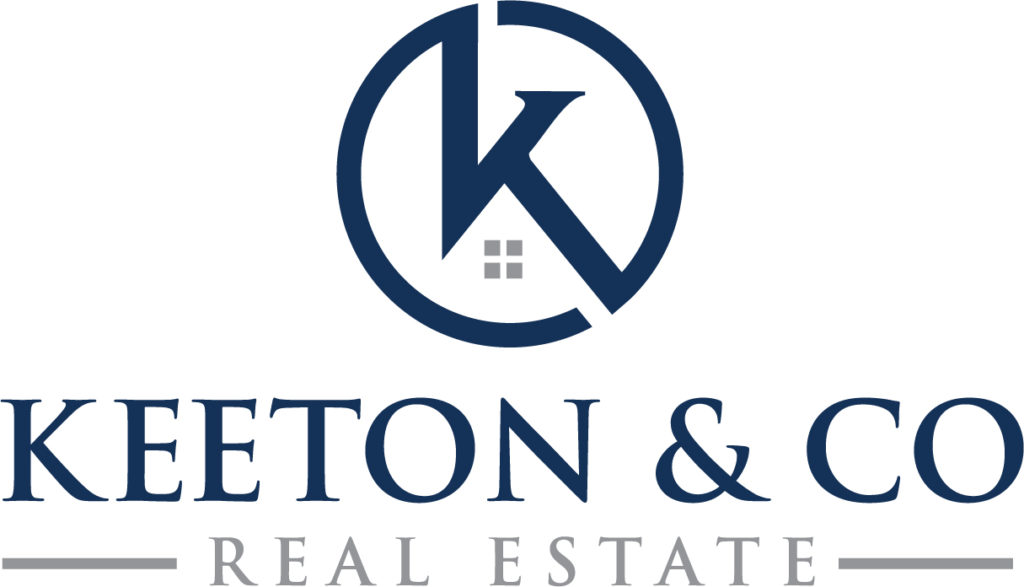
Whether you are newlyweds who are starting out, or a middle age couple downsizing you will most likely have to evaluate economics of buying a home vs renting. For many years, conventional wisdom ruled out that buying a home was the smarter choice. However, owning a home doesn’t somehow make it absolutely free to dwell in. For different individuals in different places, one approach may make more sense than the other. Nowadays more people are opting to rent instead of buying.
Truth be told, buying a home has a few hidden costs. It is ultimately more financially beneficial. But you need to know these 5 costs homeowners usually pay that renters do not.
1. Home Maintenance
Homeowners cannot just call a landlord when some things need fixing or repair. All kinds of repair, renovation and maintenance are the obligations of the homeowner. Whether you are planning on having a remodeling project or you simply want to do repairs, the costs will come out of your pocket. According to statistics, if your home is worth about $220,000, you need to set aside a minimum of about $2,200 for repairs and maintenance costs.
2. Property Taxes
The property taxes are basically paid to the local government, the municipal, state or county to fund things such as public school billboards, wages for the government workers or public works. Property taxes are typically an expense which homeowners should expect to pay as long as the home is in their ownership. Taxes are usually assessed based on current value of the home, and may change over time in order to reflect the home’s decrease or increase in value. The taxes may also vary depending on the region, thus you should always try to investigate the taxes in the area(s) you are looking to buy.
3. Home Insurance
Renters usually pay rental insurance, while homeowners pay homeowners insurance which is usually a bit more expensive. The rental insurance basically covers the contents insurance, but homeowners are more concerned with the actual value of the structure of the property. If a home gets lost in a natural disaster or a fire, insurance will cover remainder of the mortgage, or costs to repair or rebuild the home. Different insurance policies provide different levels of coverage and protection, and the premiums usually vary greatly. For instance, homeowner’s insurance can costs the average of about $35 monthly for every $100 000 of the home’s value.
4. Home Owners’ Association (HOA) Fees
Some developments may charge a condominium fee or Home Owners’ Association fee. The fees usually cover the external building maintenance along with landscaping costs for the common areas. This basically minimizes the costs of any other home expenses which are covered by HOA fee, though the fees will not cover internal maintenance costs that are associated with your particular unit. The HOA fees might not cover construction projects or maintenance if the HOA does not have sufficient money in it’s reserve to fully cover it. This might result in quite a hefty cost to the owner in terms of development. People who are in HOAs need to set aside some money to cover these unforeseen expenses that are associated with maintenance of the communal property.
5. Utilities, Landscaping and Lawn Care
When you are renting, it is common for your landlord to cover certain costs. However, if you are a homeowner, you are in charge of taking care of costs such as, water, gas, electric, cable, Internet among others. The cost of utilities when you are renting are quite different than the cost you will pay in case you are a homeowner. For instance, if your home got a yard, you’ll definitely need to factor in lawn care and landscaping costs. Paying a professional landscaping company to take care for the lawn can cost about $30 every week. If you decide to do the chore yourself, the costs will certainly be lower, but, you will still have to consider other expenses such as tools, maintenance equipment, and fertilizer.
What’s all this mean?
In the end, when all is said and done, your personality will drive your decision in terms of renting vs buying decisions. Financially, it usually makes more sense to buy a home. But take these 5 expenses into consideration before taking action.
Powered by WPeMatico
